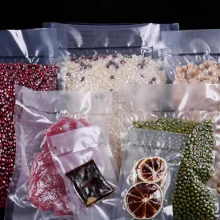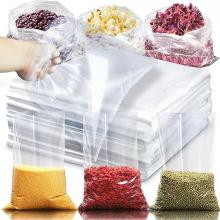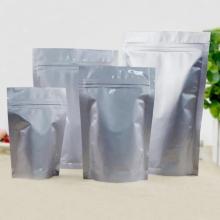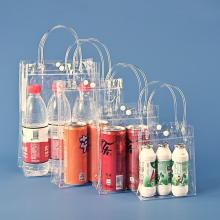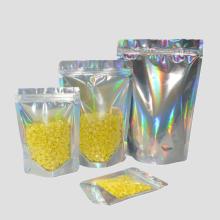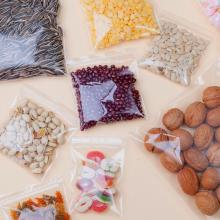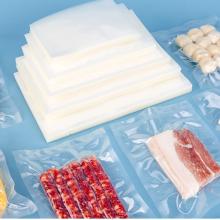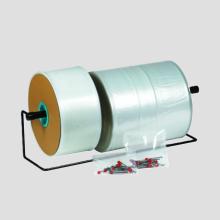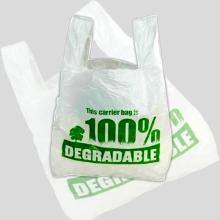Film Packaging Bags represent a core technological platform developed by Bofeng New Materials through advanced materials science and precision manufacturing processes, dedicated to providing diversified, high-performance flexible plastic packaging solutions across various industries. This product series utilizes resins such as polyethylene (PE), polypropylene (PP), and polyester (PET) as primary substrates. Through processes including blown film extrusion, cast film extrusion, multi-layer co-extrusion, precision printing, and lamination, it produces a comprehensive range of film bags—from fundamental protective applications to those incorporating cutting-edge functionalities. We strive to balance packaging performance, cost, and sustainability, with products spanning daily consumption, industrial production, high-end protection, and smart applications. Our aim is to become a comprehensive packaging partner for clients, addressing both fundamental needs and innovative explorations.
This encompasses three core technological branches, reflecting a complete technical portfolio from foundational to cutting-edge solutions:
- Laminated Film Bags: Utilising multi-layer material lamination technology to achieve exceptional barrier properties, mechanical strength, and weather resistance, meeting stringent protective packaging requirements across food, electronics, and chemical industries.
- Functional Film Bags: Integrating high-barrier materials, active substances, or smart responsive materials to endow packaging with ‘intelligent’ capabilities such as active freshness preservation, antimicrobial/antioxidant properties, or visual indicators – ideal for premium products.
- Smart Packaging Bags: Integrating cutting-edge technologies like IoT or RFID, these enable traceability, anti-counterfeiting, and interactive capabilities, serving as key enablers for digital supply chains and enhanced consumer experiences.

